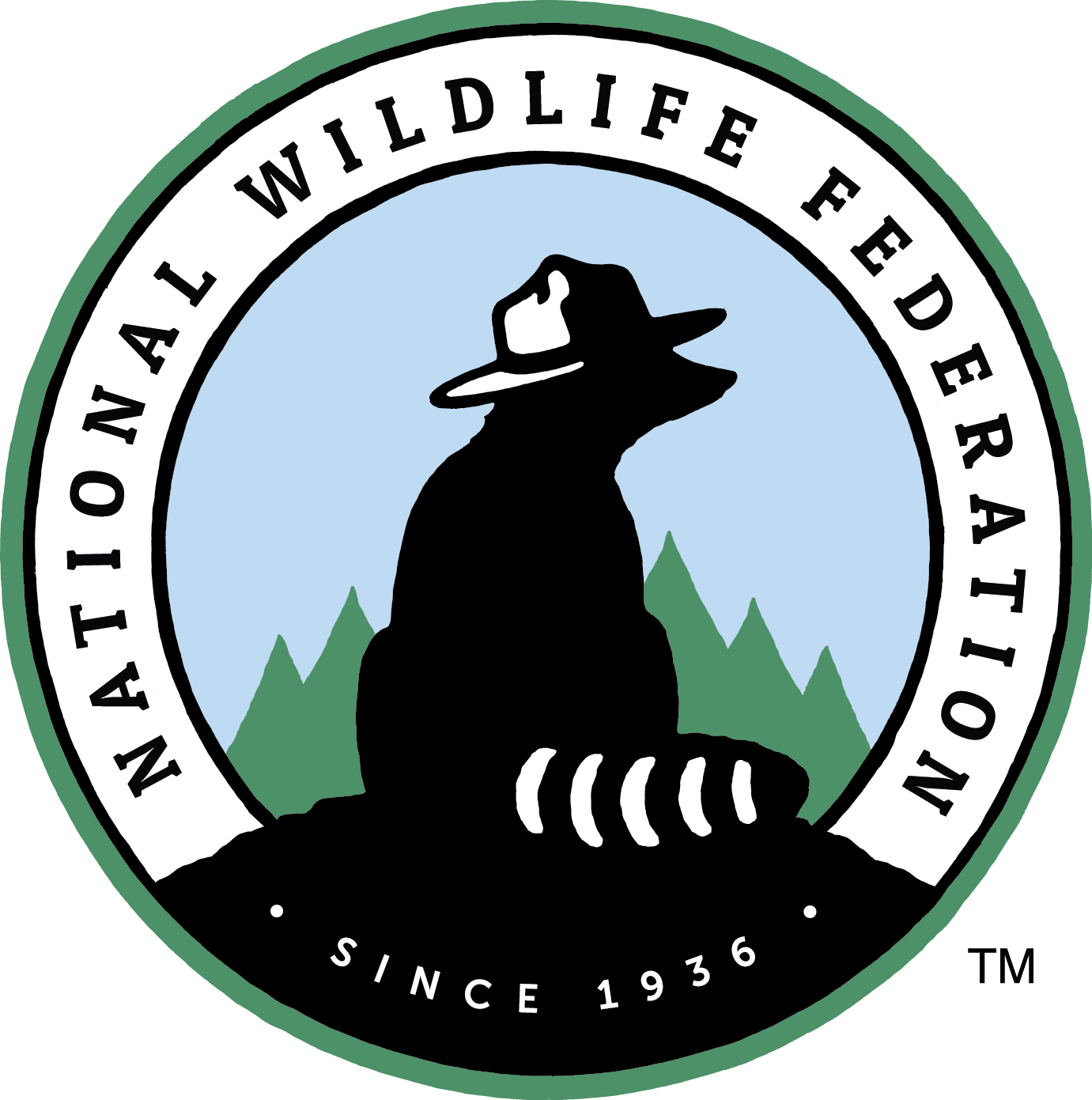Number 2018-01
WHEREAS, climate change is a serious and escalating threat to wildlife, communities, and the economy of the United States; and
WHEREAS, climate change is increasingly fueling more severe and damaging impacts and events that burden local and state communities, worsening sea level rise, wildfires, droughts, floods, severe weather events, heat waves, disruption of seasonal norms, and other phenomena; and
WHEREAS, for example, 2017 was the most expensive U.S. hurricane year on record, with an unprecedented three Category 4 storms making landfall, plus new records set for rainfall and storm power and longevity, as well as significant loss of life in Puerto Rico, the U.S. Virgin Islands, Florida, Texas, and elsewhere along the U.S. Gulf Coast; and
WHEREAS, for example, 2017 was a year for explosive and devastating wildfires, burning more than 8.5 million acres across the country, reflecting a dramatic increase in unusually large and severe “megafires” in recent years fueled partly by climatic changes; and
WHEREAS, federal leadership thus far has proven insufficient to meet the challenge of confronting climate change and, even with strong federal leadership, the task of confronting climate change will require determined effort at all levels of government to maintain national security; and
WHEREAS, many U.S. states, tribes, territories, regions, cities, and other localities, hereafter referred to as non-federal governmental entities, have taken significant steps to mitigate and adapt for climate change, including committing to policies and actions that seek to meet emissions targets scientists tell us are needed to avert calamitous climate change impacts to natural and human systems; and
WHEREAS, such non-federal governmental entity actions are critical to achieving needed carbon pollution reductions and policies to help wildlife and communities to survive already unavoidable climate change; and
WHEREAS, many of these non-federal governmental entity actions have other important benefits for wildlife such as preservation, enhancement or restoration of habitat, and the reduction of other pollutants that are harmful to wildlife; and
WHEREAS, such non-federal governmental entity actions can provide valuable models and momentum for action at the federal level, or in other states, tribes, and localities.
NOW, THEREFORE, BE IT RESOLVED that the National Wildlife Federation at its annual meeting assembled June 6-9, 2018 in Chantilly, Virginia, urges non-federal governmental entity leaders to adopt policies and actions that promote the wildlife-responsible reduction of carbon pollution from all sectors; and
BE IT FURTHER RESOLVED that the National Wildlife Federation supports and encourages non-federal governmental entity policies and actions that improve the ability of communities to adapt to unavoidable warming in manners that are beneficial to wildlife and resilient to climate change impacts.
